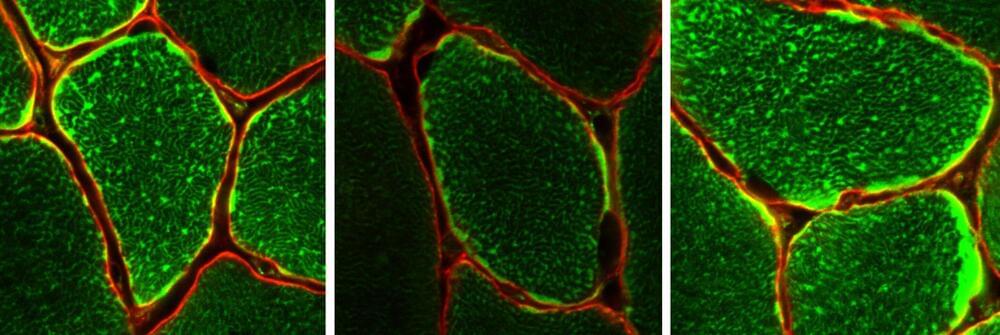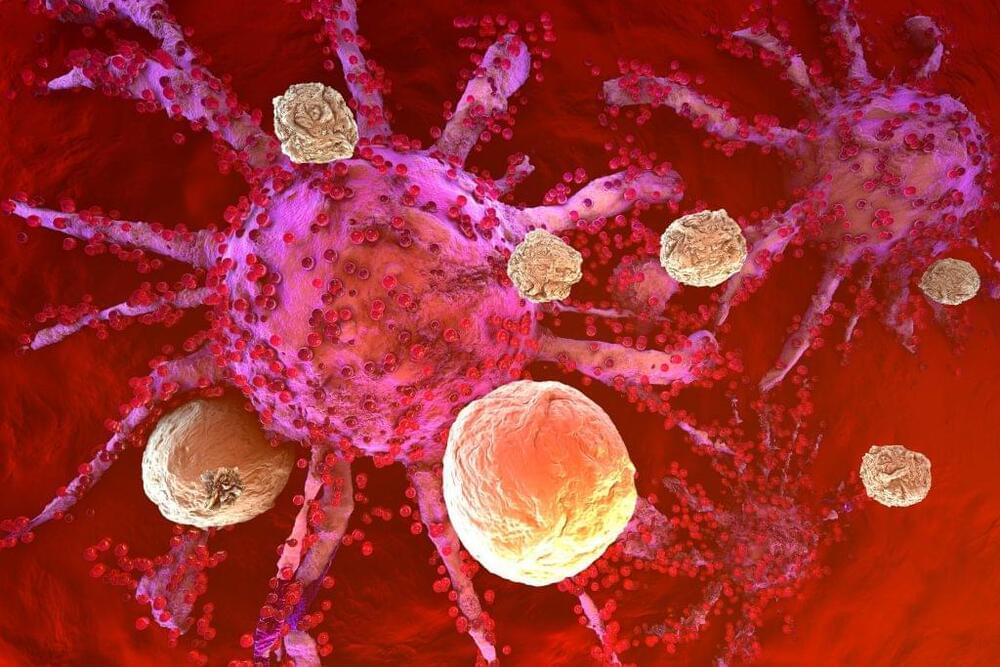Roche and its Genentech subsidiary have committed up to $12 billion to Recursion in return for using its Recursion Operating System (OS) to advance therapies in 40 programs that include “key areas” of neuroscience and an undisclosed oncology indication.
Recursion OS applies machine learning and high-content screening methods in what the companies said would be a “transformational” model for tech-enabled target and drug discovery.
The integrated, multi-faceted OS is designed to generate, analyze and glean insights from large-scale proprietary biological and chemical datasets—in this case, extensive single-cell perturbation screening data from Roche and Genentech—by integrating wet-lab and dry-lab biology at scale to phenomically capture chemical and genetic alterations in neuroscience-related cell types and select cancer cell lines.






